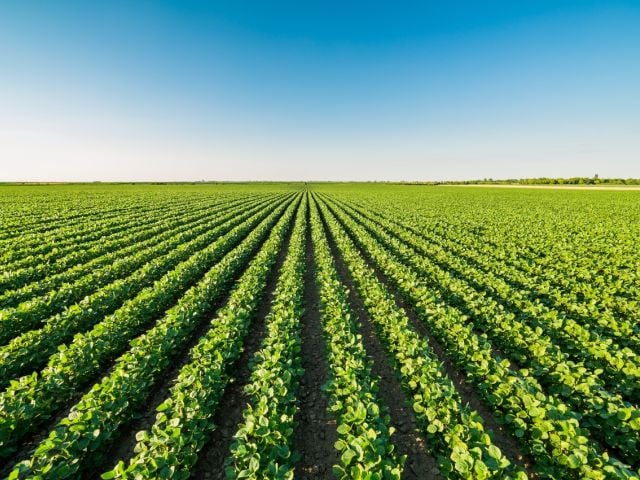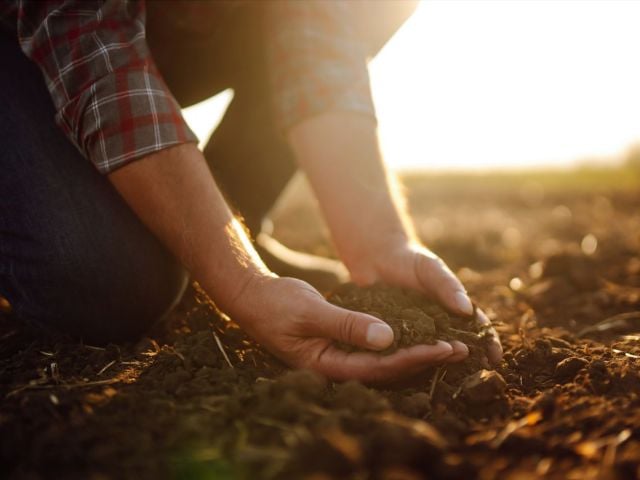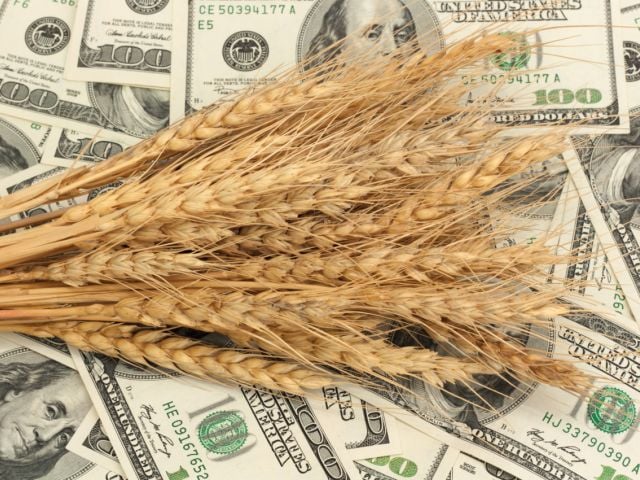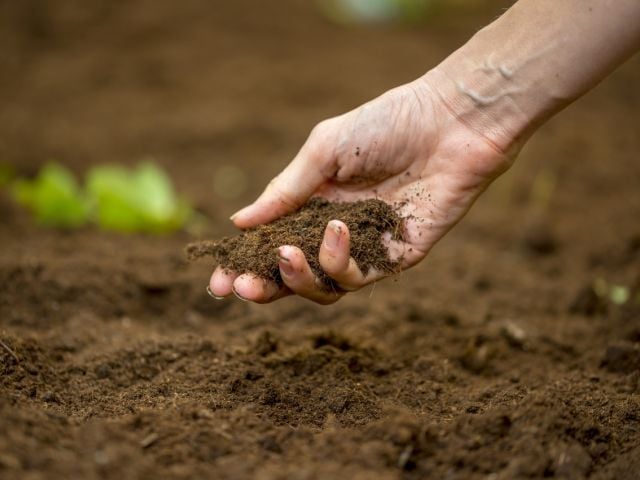OAKLAND, Calif. Some of America's richest agribusinesses are double dipping from U.S. taxpayers' pockets at a rate of hundreds of millions of dollars a year, according to an Environmental Working Group (EWG) computer investigation of federal crop and water subsidies to California's Central Valley Project (CVP).
At a time of record federal budget deficits and scarce, expensive water, thousands of Central Valley farms get cheap, taxpayer-subsidized water to grow surplus crops the government subsidizes a second time with price supports. EWG found that in 2002, the latest year for which figures are available for both types of subsidies, the approximately 6,800 farms in the CVP, the largest federally-operated irrigation system in the nation, took in by conservative estimate $538 million in crop and water subsidies combined.
EWG found:
- More than one in four CVP farms got double subsidies for at least one year between 1995 and 2004. Crop subsidy checks to these farms in that period totaled more than $891 million. These farms received more than $152 million worth of water subsidies in 2002 alone, so their combined subsidy take over ten years could well top $2 billion.
- Roughly one-third of the subsidized irrigation water the CVP delivered in 2002 went to grow crops eligible for subsidies from the Department of Agriculture. Cotton and rice growers were the biggest subsidy sweepstakes winners by far. These crops received one-fourth of the irrigation water and 92 percent of the crop subsidies in the system.
- Some California dairy operations are not double dippers but triple dippers. They receive taxpayer-subsidized water to grow corn, for which they receive crop subsidies. They feed the corn to cattle to produce milk, cheese and other products eligible for federal dairy subsidies. These triple dippers received more than $3 million in combined subsidies in 2002.
"It's clear that double dipping is not a policy that helps struggling family farmers make a living the original intent of both crop and water subsidies but an opportunity for wealthy agribusiness corporations to game the system so that taxpayers pay for their finished products and raw materials," said EWG Analyst Renee Sharp, principal author of the report.
Eleven times since 1982, Congress has considered legislation to prohibit farms from receiving both water and crop subsidies. The U.S. is under pressure to comply with a recent World Trade Organization ruling that U.S. cotton subsidies are illegal, and now the U.S. rice subsidy program faces a similar legal challenge.
"California's megafarms are the most politically powerful welfare recipients in the world," said Rep. George Miller of California, the leading Congressional watchdog on the Central Valley Project. "first they take public water for pennies on the dollar, then they get taxpayer payments for their surplus crops.
"It doesn't make any economic sense, and it encourages waste when the rest of us are conserving water. Congress needs to put a stop to these unjustifiable giveaways of the public's precious water and hard-earned money."
# # #
EWG is a nonprofit research organization based in Washington, DC that uses the power of information to protect human health and the environment. The group's research on Water Subsidies is available online at https://www.ewg.org/issues/siteindex/issues.php?issueid=5017.



